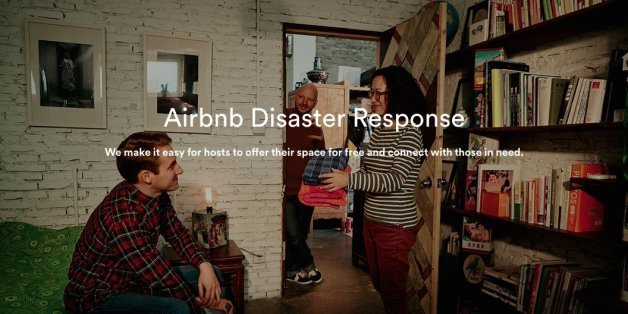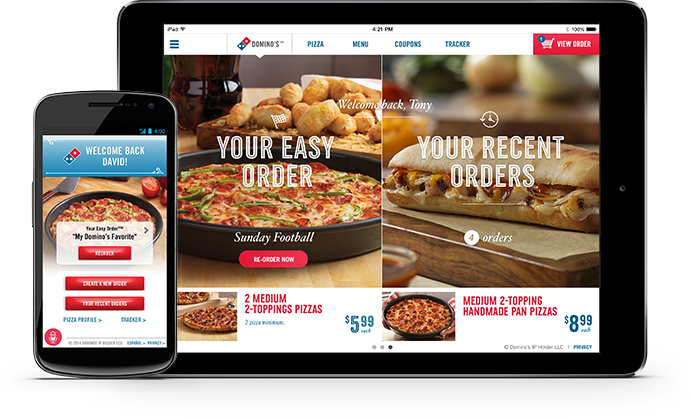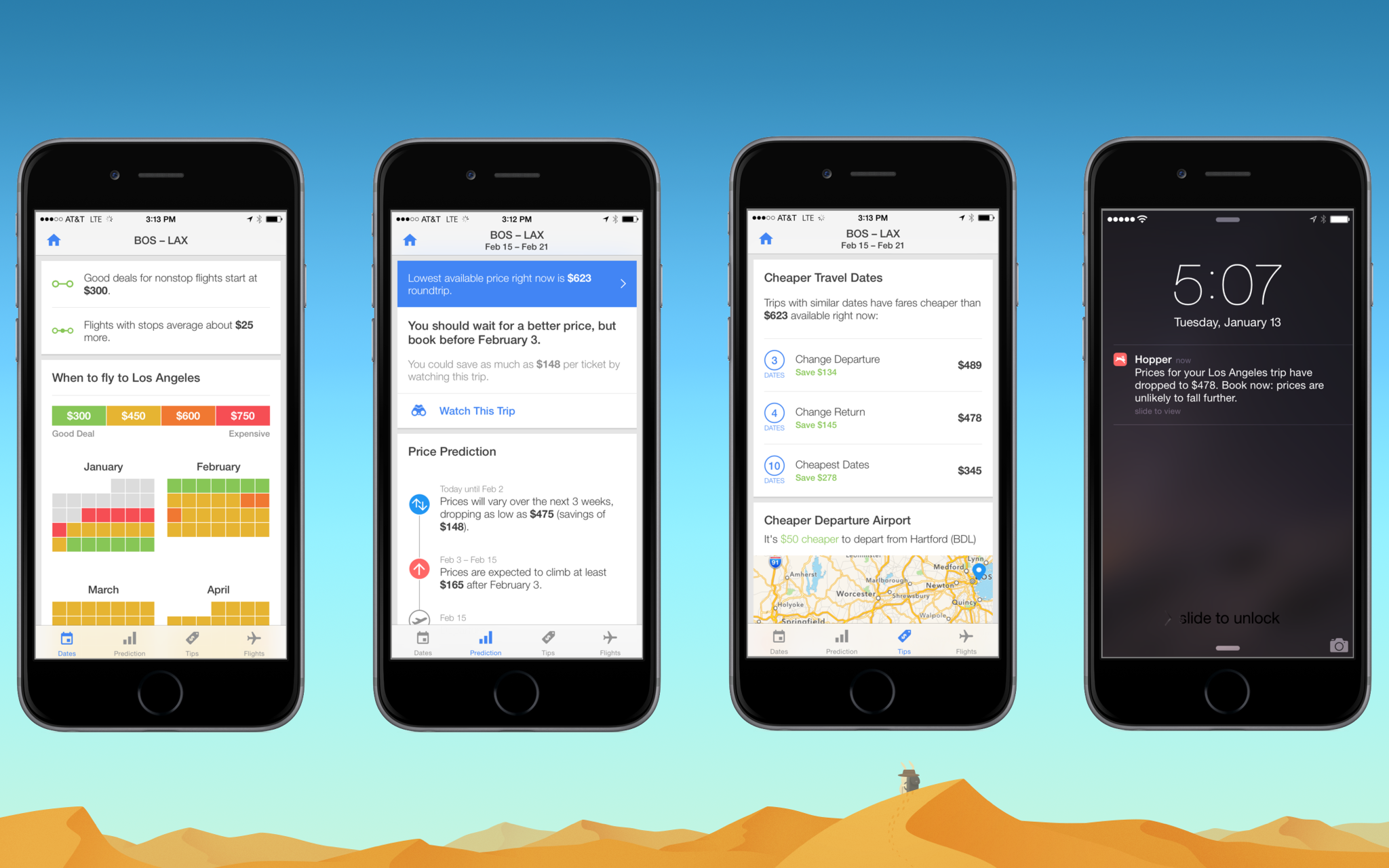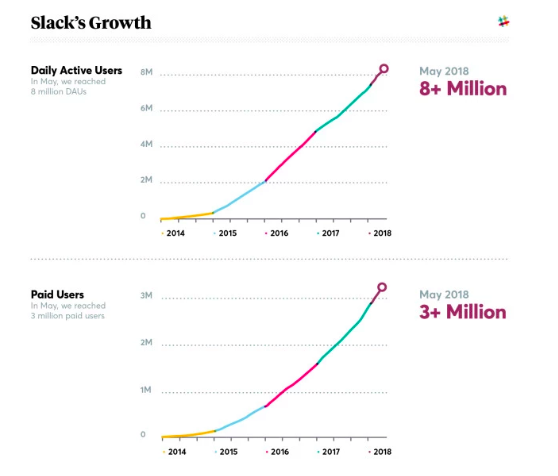By
James Nieman | 12/31/2018 | in
Following last year’s list of behavior change marketers, we’re bringing you a new and updated list of 2018’s most inspiring action brands and people. If there are any brands you think deserve to be added to the list, tweet us here and let us know!
Bird
For using two wheels to reach a $1B valuation at record-breaking speed

Airbnb
For giving the displaced a place to stay

Domino’s
For making technology and innovation its secret sauce

Epic Games
For rewriting gaming history and launching a global craze
UNTUCKit
For being world-class professionals at keeping it casual
Patagonia
For changing the way brands approach a changing world

Cheddar
For striking a chord with cord-cutters
WeWork
For capturing the lion’s share of shared spaces
Spotify
For making sophisticated data science and personalization the soundtrack to success
Marvel
For busting out blockbusters at a record pace
Peloton
For peddling fitness enthusiasts into the future

Square
For reshaping the financial services industry
Hopper
For elevating the way consumers fly

Duolingo
For connecting the globe through language
Ring
For making home-security mobile
Coursera
For making consumers the masters of their own masters degree
The Wing
For shattering glass ceilings

Tough Mudder
For bringing a new definition to running a muck
Netflix
For providing cinematic experiences outside the cinema
Rent The Runway
For extending the red carpet into your closet
Cards Against Humanity
For revealing its cards as being much more than a card company
Slack
For making conversations conversational
BeyondMeat
For being the meat and potatoes of a meatless category
Turo
For paving the road for the peer-to-peer car sharing economy
The New York Times
For putting a modern spin on a timeless publication
Nuts.com
For showing that direct-to-consumer brands can be cooked up in the 1920s
Nike
For taking a stand on taking a knee

The Parkland Activists
For being the voice of a generation

By
James Nieman | 05/18/2018 | in

(Photo from Slate)
Sometimes, you must first fail before you can succeed.
Few can speak to this as much as Stewart Butterfield, the co-founder of team collaboration tool Slack.
In many ways, his “failures” are also his “successes”.
It started with Game Neverending, his first project, and his first public failure. Developed by his then company, Ludicorp, Game Neverending was intended to be an online multiplayer game for the masses, but it never saw the light of day. When it became apparent that the game would not survive, Butterfield shifted his focus to the game’s photo-sharing tool, turning it into its own stand-alone product, Flickr.
A year later in 2005, he sold Flickr to Yahoo for a reported $35 million.
Determined to make his game-developing dreams come true, he would try his hand again. With much of the same team from Ludicorp, Butterfield cofounded Tiny Speck, and began building a new online-game in Glitch.
It was during this development process where Butterfield would inspire a worldwide behavior change revolution – though he didn’t know it at the time.
Frustrated by existing communication tools, Tiny Speck developed its own tool to help better manage the creation of the game. During the three years leading up to the game’s launch, the Tiny Speck team, consisting of 45 people, had only sent 50 emails.
Then, at the end of 2012, the eureka moment came. Butterfield closed the book on Glitch, and Slack, the communications tool his team had developed, sprang forward.
But the Slack squad only knew how their team interacted on the platform, and if the product was to work across industries with varying company sizes and workflows, they needed a bigger sample size.
For the next seven months, Butterfield and his colleagues begged friends at other companies to trial Slack. This gave them the opportunity to see the tool from an outsider’s perspective, and each new company armed the team with unique observations and feedback that they would later use to optimize and tweak the product.
Finally, in August of 2013, Butterfield felt the product was polished enough to be shared more widely and announced a preview release. The launch amassed a large amount of media attention, and within 24 hours, 8,000 companies had signed up for the service. Two weeks later, that number doubled to 15,000. Slack was an instant hit.
That type of staggering growth, although unprecedented, was an accurate indicator of what was to come. Slack quickly became the fastest growing business-app ever, and was considered a unicorn shortly after its first year. Last September, just four years and a month after the company’s launch, it was valued at over $5B.
Which brings us to today, where Slack is used by 65 companies in the Fortune 100 and over 500,000 organization worldwide. Last week, Slack announced that it had reached 8M daily active users, a number that will only grow, living up to its billing as the place “where work happens for millions of people.”

How did it all happen? What was different about Slack?
Team Communication For the 21st Century
First and foremost, it was created at the perfect time. Built for the era of mobile phones and short text messages, Slack’s growth coincided with the rising trend of companies operating remotely, and offered a less formal, more user-friendly way of keeping in touch with co-workers.
Around the same time, Microsoft Office, Windows, and seemingly every other tech company that could were churning out new tools left and right. Each trying to better each other. In most cases, the competition was healthy, and the tools themselves evolved greatly. But what was left was a scattered ecosystem of tools and services. The fragmentation led to friction and inefficiency. While the tools themselves had improved, the user-experience was left behind. There was no glue to hold it all together.
Enter Slack, integrating all the tools and housing them all in one place. Twitter. Salesforce. Dropbox. Google docs. You name it, it’s all on Slack.
And when you combine that seamless third-party integration with a thoughtfully-designed interface, full of vibrant and playful colors, and an endless amount of customizable applications like to-do lists, reminders, project management tools, scheduling assistants, and hundreds more, what you get is a communications tool that boosts your productivity tenfold.
Perhaps the biggest reason for Slack’s growth is its customizability. Created for any workplace, the product can be catered to your team or individual needs. Channels can be made for departments, projects, office locations, or whatever you deem fit. If a channel becomes too loud, you can “mute” it. If you need to conduct deep, uninterrupted research, you can activate “Do Not Disturb” mode. You can customize “highlight words” that are important to you so that you are notified every time that word is mentioned – be it your name or an urgent project you’re working on. If you’re going to be busy for the day at work conference, or are going to in a long offline brainstorm, you can set your status to reflect that. Files, images, PDFs, spreadsheets and other documents can be shared in real-time with a simple drag and drop.
In group chats, or “channels”, Slack allows you to overhear conversations, giving you an ambient awareness of work developments that you do not get from email. If you want to share something confidential, you can do so through a private channel or direct message.
Files, images, PDFs, spreadsheets and other documents can be shared in real-time with a simple drag and drop. And everything on Slack, from notifications to links to images, are all searchable so that you can find what you need and find it fast.
Consistently evolving and introducing new features to meet user demands, Slack is delivering on its mission to make people’s working lives simpler, more pleasant, and more productive.
A Behavior Change Revolution
While it may not be obvious on the surface, Slack is one of the leading behavior change companies of our time.
In a medium post, written on his page, Butterfield states the following:
“The best – maybe the only? – real, direct measure of “innovation” is change in human behavior. In fact, it is useful to take this way of thinking as definitional: innovation is the sum of change across the whole system, not a thing which causes a change in how people behave. No small innovation ever caused a large shift in how people spend their time and no large one has ever failed to do so.”
“By that measure,” he goes on to say, “Slack is a real and large innovation”.
And he’s right.
Butterfield knew he couldn’t sell a “group chat system”. People simply wouldn’t buy that. Instead, what Slack sells is “organizational transformation.”
“We’re selling a reduction in information overload, relief from stress, and a new ability to extract the enormous value of hitherto useless corporate archives. We’re selling better organizations, better teams. That’s a good thing for people to buy and it is a much better thing for us to sell in the long run. We will be successful to the extent that we create better teams.”
This is not a one-to-one behavior change. Slack must be sold to companies, both massive and tiny, and everything in between. Companies that adopt Slack are betting on a massive, positive behavior change. They want effortless communication. They want to work more efficiently. They want a business tool that works for them rather than against them, helping them make more inspiring decisions and form more empowering habits.
“We’re asking a lot from our customers. We are asking them to spend hours a day in a new and unfamiliar application, to give up on years or even decades of experience using email for work communication (and abandon all kinds of ad hoc workflows that have developed around their use of email). We are asking them to switch a model of communication which defaults to the public; it is an almost impossibly large ask. Almost.”
The change is both dramatic and far-reaching. We know this to be true because we at DiMassimo Goldstein are a proud member of the Slack revolution.
We weren’t looking to abandon email entirely, but to reduce it, and Slack has done that. We found ourselves having too many meetings, which Slack has helped cut down. The transparent communication makes it the perfect place to review projects as a team, on the go, and from anywhere.
Put simply, it has made our work lives easier and most importantly, it has pushed the work we create to help inspire others forward.
That’s why Slack is our Inspiring Action Brand of the Month!












